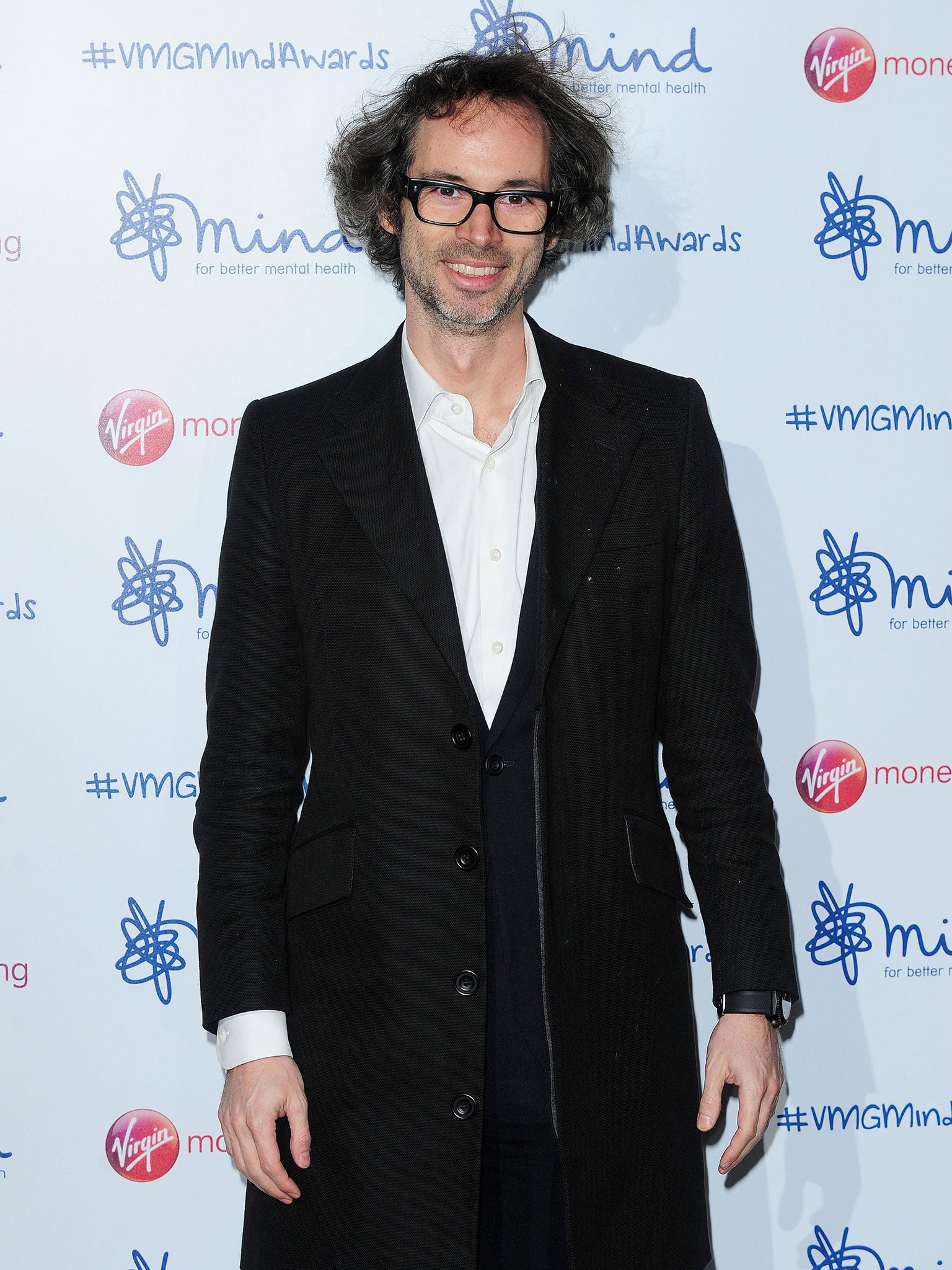Top pianist James Rhodes blames Ofsted for lack of music in schools
Pianist is using a Channel 4 television series to launch Britain’s biggest 'instrument amnesty', asking the public to donate unused instruments

Your support helps us to tell the story
From reproductive rights to climate change to Big Tech, The Independent is on the ground when the story is developing. Whether it's investigating the financials of Elon Musk's pro-Trump PAC or producing our latest documentary, 'The A Word', which shines a light on the American women fighting for reproductive rights, we know how important it is to parse out the facts from the messaging.
At such a critical moment in US history, we need reporters on the ground. Your donation allows us to keep sending journalists to speak to both sides of the story.
The Independent is trusted by Americans across the entire political spectrum. And unlike many other quality news outlets, we choose not to lock Americans out of our reporting and analysis with paywalls. We believe quality journalism should be available to everyone, paid for by those who can afford it.
Your support makes all the difference.Schools decline to offer music education to children because they know it will not form part of Ofsted inspections, the leading classical pianist James Rhodes has claimed.
Rhodes, who is campaigning to get more instruments to young people through a Channel 4 series Don’t Stop The Music, told Radio Times: “Ofsted doesn’t particularly inspect music. In fact a lot of schools deliberately don’t do music because Ofsted doesn’t check. Literacy and numeracy is what the inspectors care about. And if you are a head teacher struggling to get a good report that is all you will care about, too.”
Rhodes said he visited a primary school in Basildon, Essex, which had “no time in the curriculum, no teachers with musical training – no music at all”. He added: “I heard the National Youth Orchestra at the Proms recently, and it was fantastic. But we are heading towards a situation where it will consist only of privately educated children.”
An Ofsted spokesman said: “Parents and the public would expect inspections to report in detail on English and mathematics. Nevertheless, inspectors focus on how well schools provide a broad and balanced curriculum, of which music is an essential element. Inspectors also consider how well schools develop their pupils’ response to and participation in artistic, sporting and cultural opportunities.”
Ofsted said it was “strongly committed to helping bring much needed improvements to music in schools. For this reason, along with professional resources and six good practice films of music lessons, we have published three major reports on music education within the past three years – more than for any other subject.”
Its Music In Schools report highlighted that “music education hubs were not initially successful enough in promoting better music education for all pupils. Arts Council England has subsequently required each hub to produce a School Music Education Plan to address our report’s recommendations. We are also working actively within the sector to support hubs as they implement their plans.”
In his Channel 4 series, Rhodes attempts to launch Britain’s biggest “instrument amnesty”, asking the public to donate unused instruments.
He said: “If you have an instrument that you or your children no longer use, no matter what condition, you can take it to your local Oxfam shop. Volunteers will package them and Yodel will deliver them to a warehouse in London, where a team of specialists will clean and recondition them and make them playable.”
The instruments – no pianos are requested – will then be dispatched to hundreds of primary schools. “Clearly the instruments by themselves are not enough. There has to be tuition and space in the timetable,” added Rhodes, who will launch a petition, through change.org, to persuade the Government to implement and properly fund the National Music Plan, published in 2011.
Rhodes found salvation in music following a difficult childhood. He attempted suicide in 2006 and was sectioned, spending nine months in various mental hospitals.
Join our commenting forum
Join thought-provoking conversations, follow other Independent readers and see their replies
Comments